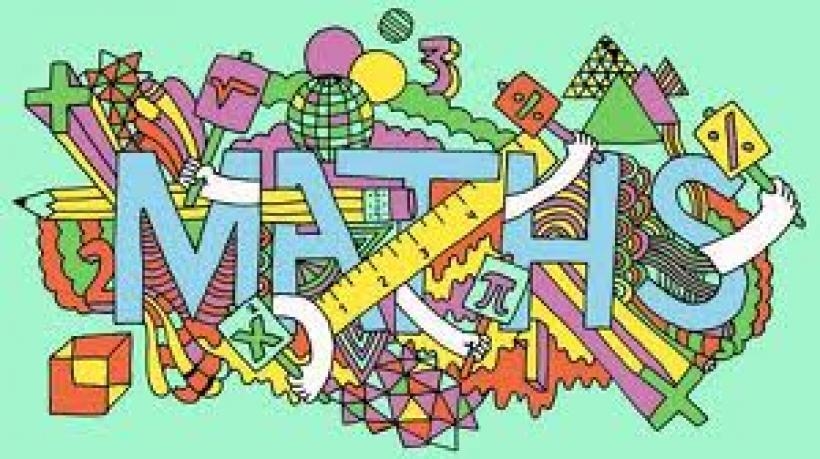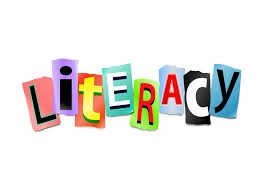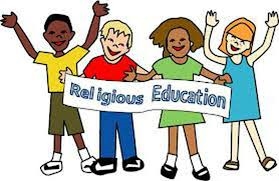
Welcome to Year 2, Faith class!
Our teacher is Miss Sheehan and our teaching assistant is Mrs O’ Gorman.

Our topics for this term will be:
-
Statistics
-
Money
-
Length and Height
-
Volume and Capacity
-
Temperature
-
Position and Direction
Place value, addition and subtraction will be revisited where possible through extra challenges or starters.

In Literacy our texts will be The Barnabus Project, The Koala Who Could and The Magic Paintbrush. Children will complete a range of literacy activities and big writing tasks linked to these texts. There will be a continued focus on grammar, handwriting and reading comprehension throughout the term.
Children will continue to develop their editing skills by reviewing their own work and trying to make improvements. Children will also have some opportunities to then write an improved 2nd draft of their work.

Please ensure that your child brings their reading book into class every day and ensure you are reading regularly with your child at home. Remember to ask your child questions about the text they read as this will help them to improve their comprehension skills. Please note that reading records must be signed by an adult each time a child has read, this may only be a page from a book but must still be recorded in the child’s reading record book. Children are given a reading book on Mondays and some children will still receive a Monster Phonics book on a Friday. All books must be returned on Mondays.

To the Ends of the Earth
In this branch, as pupils revisit the accounts of Ascension and Pentecost, the focus of learning is on how people are changed by the Holy Spirit. Pupils will explore how people are changed by the Holy Spirit, through the examples of the apostles, St Paul, and other saints
Dialogue and Encounter:
In the dialogue dimension of this branch, pupils will look at how Christians work together to support their local community, for example, food bank initiatives or care for refugees. To develop an understanding of this in a concrete way, pupils will explore a Christian charity that works across national boundaries.
In the encounter part of this branch, pupils will learn more about Judaism as part of the religious education curriculum.
Judaism:
During the Autumn term, the children spent a week exploring the Jewish faith. They learnt about the Synagogue, the Torah and Shabat.
We also participated in a Judaism workshop with Ruth.

Animal including Humans
Children will learn:
-
To discuss the features of those things living, dead and have never been alive.
-
They will find, classify and label specimens into categories.
-
Children will learn that different habitats provide for the basic needs of different kinds of animals and plants.
Inventors
Children will learn about a variety of famous scientists and inventors linked to the Year 2 science curriculum.
Science Ninja:
The children will have the opportunity to gain a science ninja sticker. These focus on the key skills:
-
Recording
-
Observing
-
Measuring
-
Equipment
Working Scientifically:
-
Ask relevant questions; use different types of scientific enquiries to answer them.
-
Set up simple practical enquiries, comparative and fair tests.
-
Identify differences, similarities or changes related to simple scientific ideas and processes.
-
Make systematic and careful observations and, where appropriate, take accurate measurements using standard units; use a range of equipment, including thermometers and data loggers.
-
Record findings use simple scientific language, drawings, labelled diagrams, keys, bar charts and tables.
-
Report on findings from enquiries, including oral and written explanations, displays or presentation of results and conclusions.

In ICT this term the children will learning about ‘Coding’. The children will be using expresso to input algorithms.

History: First Flight
In History we will be learning about the First Flight.
In this topic we will:
-
Learn about the first powered flight
-
Identify today’s major air routes
-
Compare and contrast modes of transport
-
Understand how aeroplanes bring the world closer together
Geography: Australia
In Geography we will be learning about Australia.
In this topic we will:
-
Compare and contrast the location of Australia and United Kingdom
-
Learn about the physical features of Australia
-
To compare and contrast the human features of Australia and the UK
-
Locate aboriginal settlements and the cities of Australia
-
Understand the features of Uluru rock and the importance to Aboriginal people
-
Compare and contrast the everyday life of urban and rural life in Australia

Children will have PE lessons on Mondays and Fridays. Please ensure that your child comes to school in their PE kit (a round neck t-shirt, not a polo shirt please) and that each item is clearly labelled. Children are not allowed to wear earrings during P.E. (it would be helpful if they didn’t wear them at all on these days).

Art
Our topic this half term is ‘Portraits’. In Art we will be learning different art skills. The children will be sketching, painting, using pastels and drawing from observation.

D&T
Following the Kapow scheme of work.
Cooking and nutrition: A balanced diet
Key Skills:
-
Designing a healthy wrap based on a food combination which works well together.
-
Slicing food safely using the bridge or claw grip.
-
Constructing a wrap that meets a design brief.
-
Describing the taste, texture and smell of fruit and vegetables.
-
Taste testing food combinations and final products.
-
Describing the information that should be included on a label.
-
Evaluating which grip was most effective

PSHE- Following TenTen Life to the Full

Module 3: Created to Live in Community
Created to Live in Community explores the individual’s relationship with the wider world. Here we explore how human beings are relational by nature and are called to love others in the wider community through service, through dialogue and through working for the Common Good
Homework
Homework will be given out on Thursdays and will need to be returned to school for marking on Monday. Alongside homework it would be helpful to your child if you could help them practise reading and writing spellings given each week, reading and spelling common exception words and helping them practise the two, five and ten times tables (please note they must know these in sequence, mixed up and related division facts). Spellings and tables will be assessed weekly. Please not that additional work may be given to your child during the week to aid their learning.
Edward De Bono's six thinking hats
We continue to use Edward De Bono's six thinking hats to help us to organise our thinking and process or ideas. There are 6 hats and each has a different colour and so a different use or meaning. When children answer questions in class, each question will have a different colour hat attached to it. The diagram below shows you in better detail how we use them. Ask your children what hats they have used in their learning today!
Habits of Mind
The Habits of Mind are a collection of 16 thinking dispositions designed to help children develop their critical and creative thinking skills. Every week children are taught to use a different ‘habit of mind’ to help with their thinking and apply this to their work.
Visual Maps
The children are now using visual tools in all areas of their learning. These tools help the children map out their ideas and organize their thinking.